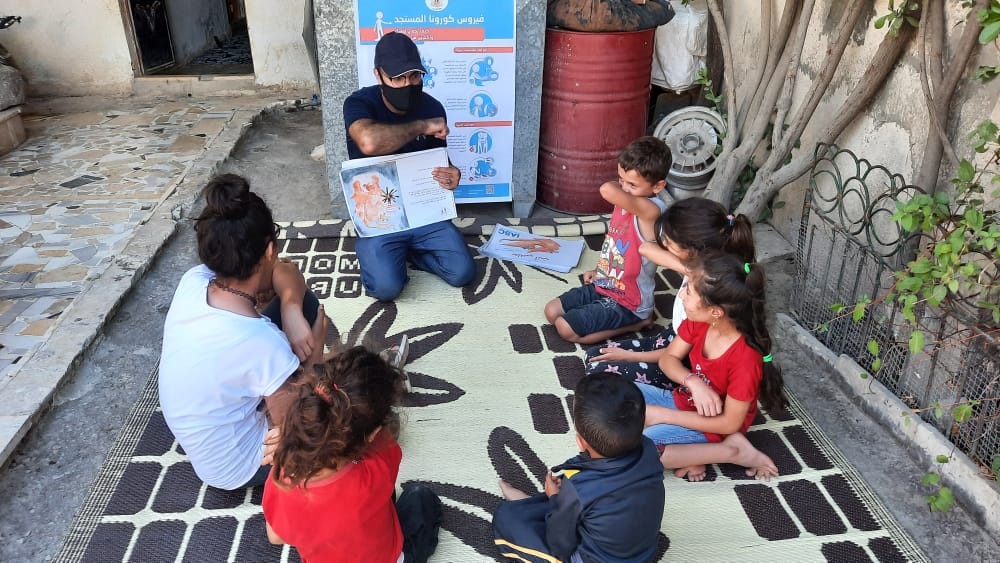
30 August 2021, Damascus – The conditions under which people are born, grow, live and age, as well as the forces and systems that shape the conditions of daily life, have an enormous impact on health outcomes. These non-medical factors are called the social determinants of health.
They include economic policies and systems, development agendas, social norms, social policies and political systems, all of which greatly influence health inequities. Peace and conflict, income and social protection, job security, education, food security, housing, social inclusion, and access to affordable social services – all influence equity and have an adverse or positive impact on health. Overall, the lower a person or community’s socioeconomic standing, the worse their health.
WHO strives to build back a fairer and healthier future for the people of Syria by providing the most vulnerable with lifesaving services. WHO addresses broader determinants of health through collaboration with social and economic sector partners in a bid to reduce social inequities, protect health rights and build resilient communities.
“The 2030 Agenda for Sustainable Development emphasizes the interconnectedness of social, economic, and environmental concerns, highlighting the importance of addressing the social determinants of health. Prevention is more cost-effective than treatment and health promotion must be an be integral part of healthy cities, villages and settlements if we are to achieve the Sustainable Development Goals,” said Dr Akjemal Magtymova, Head of Mission and WHO Representative in Syria. “Investment, policy and legislation that address emerging health threats at the community level and empower local governments to act quickly will ensure Syrians are better protected.”
Social determinants of health have been top of the agenda during discussions between the WHO Representative and line ministries in Syria this week. Meetings were held with the Ministers of Local Administration and Environment, Information, Higher Education and Scientific Research, Education, as well as Social Affairs and Labour. WHO will collaborate with ministries on safe school reopening and health education, waste management and safe water, sharing evidence-based information, and strengthening the research and academic curriculum on health as key intersectoral interventions that will positively influence the population’s health.
Dr Magtymova called on each sector to unite efforts to ensure quality services under their mandate and reconfirmed WHO’s commitment to partners to achieve better health outcomes for all.


